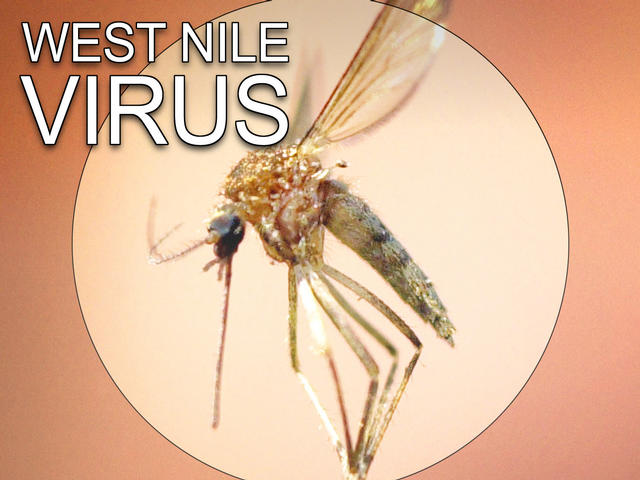Ocala, Florida —The Florida Department of Health in Marion County today advised residents there has been an increase in mosquito-borne disease activity in areas of Marion County. A horse tested positive for the West Nile virus and there is a heightened concern that residents will become ill. The horse was located on a farm in Marion County.
“This farm is located near the intersection of 464-B and US 27, this area is commonly referred to as Fellowship,” said Daniel Dooley, Environmental Administrator with the Florida Department of Health in Marion County.
The Department issued a mosquito-borne illness advisory on July 9, after two horses in less than two weeks tested positive for the Eastern equine encephalitis virus. So far in 2014, eight horses have tested positive for Eastern equine encephalitis. The recent positive test for West Nile virus in a Marion County horse is the first time this year West Nile virus has been detected in Marion County.
The Department reminds residents and visitors to avoid being bitten by mosquitoes and to take basic precautions to help limit exposure.
To protect yourself from mosquitoes, you should remember to “Drain and Cover”:
DRAIN standing water to stop mosquitoes from multiplying.
· Drain water from garbage cans, house gutters, buckets, pool covers, coolers, toys, flower pots or any other containers where sprinkler or rain water has collected.
· Discard old tires, drums, bottles, cans, pots and pans, broken appliances and other items that aren’t being used.
· Empty and clean birdbaths and pet’s water bowls at least once or twice a week.
· Protect boats and vehicles from rain with tarps that don’t accumulate water.
· Maintain swimming pools in good condition and appropriately chlorinated. Empty plastic swimming pools when not in use.
COVER skin with clothing or repellent.
· Wear shoes, socks, long pants and long-sleeves.
· Apply mosquito repellent to bare skin and clothing.
· Always use repellents according to the label. Repellents with DEET, picaridin, oil of lemon eucalyptus and IR3535 are effective.
COVER doors and windows with screens to keep mosquitoes out.
· Keep mosquitoes out of your house. Repair broken screens on windows, doors, porches, and patios.
Tips on Repellent Use
· Always read label directions carefully for the approved usage before you apply a repellent. Some repellents are not suitable for children.
Products with concentrations of up to 30 percent DEET are generally recommended. Other U.S. Environmental Protection Agency-approved repellents contain picaridin, oil of lemon eucalyptus, or IR3535. These products are generally available at local pharmacies. Look for active ingredients to be listed on the product label.
· Apply insect repellent to exposed skin, or onto clothing, but not under clothing.
· In protecting children, read label instructions to be sure the repellent is age-appropriate. According to the CDC, mosquito repellents containing oil of lemon eucalyptus should not be used on children under the age of three years. DEET is not recommended on children younger than two months old.
· Avoid applying repellents to the hands of children. Adults should apply repellent first to their own hands and then transfer it to the child’s skin and clothing.
· If additional protection is necessary, apply a permethrin repellent directly to your clothing. Again, always follow the manufacturer’s directions.
For more information on what repellent is right for you, consider using the Environmental Protection Agency’s search tool to help you choose skin-applied repellent products: http://cfpub.epa.gov/oppref/insect/#searchform.


